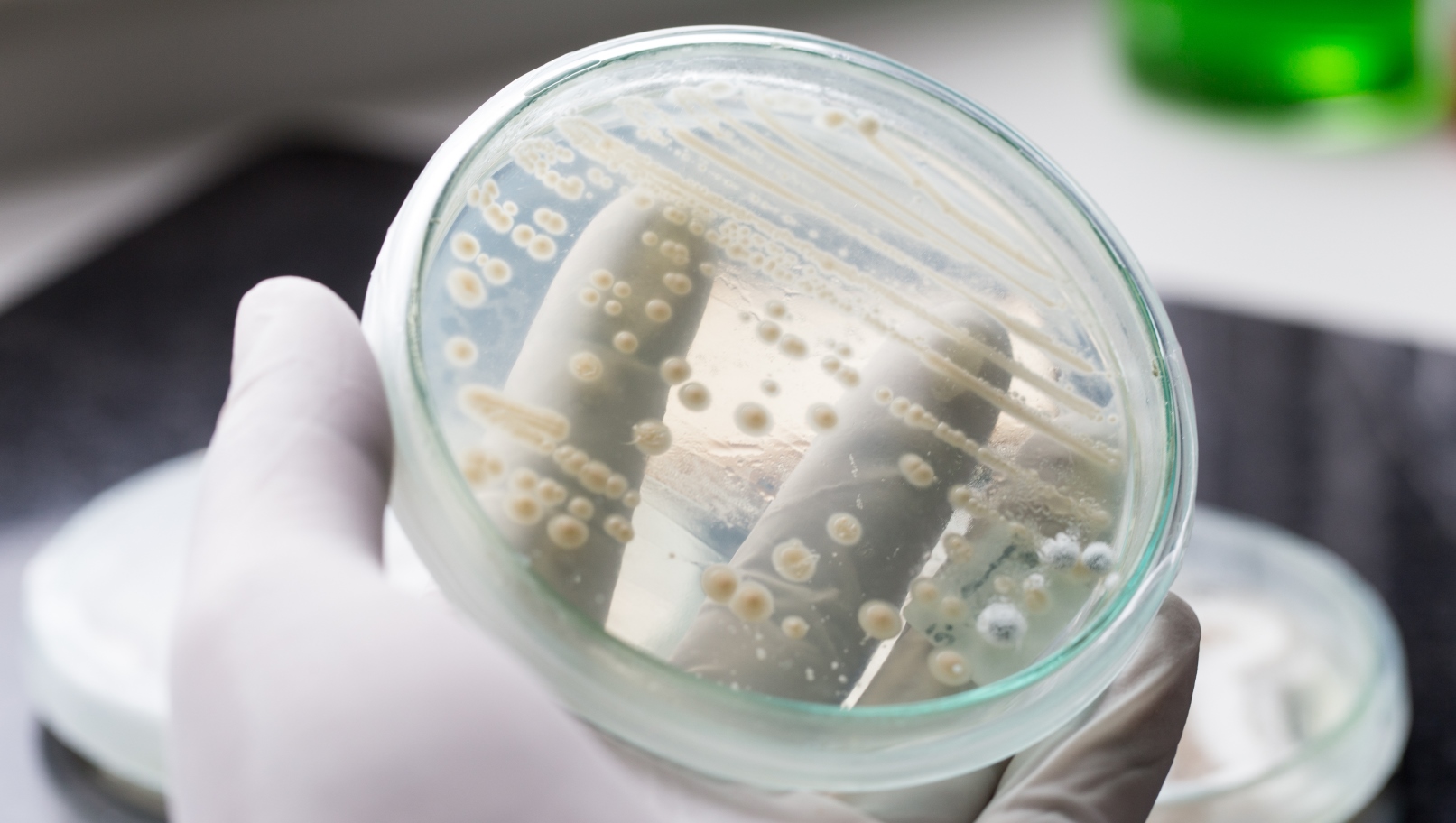Hundreds of genetic metabolic disorders — including phenylketonuria, tyrosinemia, maple syrup urine disease and homocystinuria — cause a critical enzyme deficiency that usually proves fatal.
Most metabolic disorders affect infants, and there is no cure or effective treatment.
A new study carried out by Israeli and Japanese researchers suggests that yeast, the world’s most basic eukaryotic unicellular organism, may hold the key to finding more successful therapies.
“The same yeast that serves as a basis for the bread we eat and the beer we drink now also serves as an instrumental model of metabolic disorders,” said Dr. Dana Laor of Tel Aviv University’s George S. Wise Faculty of Life Sciences, the lead author of the study conducted in Prof. Ehud Gazit’s TAU laboratory and published in Nature Communications on January 8.
“Three Nobel Prizes have been awarded to scientists engaging in research related to yeast in the last decade, and it’s no wonder. Yeast grows quickly; it’s affordable; and it’s easily manipulated as a simple unicellular organism,” Laor explained. “Now we, too, have harnessed its properties to gain insight into this devastating group of diseases.”
The research, based on previous studies conducted by Gazit and his colleagues, revealed that when a gene responsible for producing a certain enzyme is impaired, toxic metabolites accumulate in the body and cause serious damage.
Laor genetically manipulated yeast cells to produce a toxic accumulation of the metabolite adenine, devising the first in vivo yeast model of a congenital metabolic disease as a result. The innovative platform will allow scientists to screen thousands of drug-like small molecules to identify molecules that could lead to novel therapies, which can then be developed by pharmaceutical companies.
“Our pioneering research may help identify the molecular mechanisms involved in these diseases and thereby help to develop suitable drugs,” said Laor.
The researchers have a patent pending on their yeast model and an investment commitment from the Tel Aviv University Technology Innovation Momentum Fund to collaborate with the Blavatnik Center for Drug Discovery on further development.















